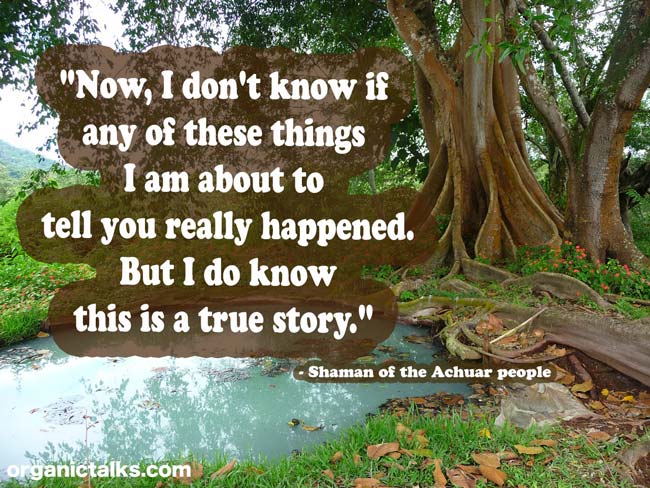True Myths
By Paul Kowalewski
Photo: Pixabay
True Myths
by Paul Kowalewski
I was listening to a public radio station yesterday. A prominent atheist was giving a talk, and he said something that struck me as being very odd: “All the stories in the Bible are nothing more than myths. So, they are all false.” I thought to myself, “Does this guy really believe that myths are false?”
Then I had this flash of insight that in general, most people today probably don’t understand what myths and metaphors are all about – and this lack of understanding may be the primary roadblock people encounter in conversations and dialogue about “God.”
Modern-day people (believers and non-believers alike) hear stories like those found in the Bible, and they read or listen to these stories as if they were fact-based descriptions of “objective” history, data-based, scientific reporting. Of course, snakes don’t actually talk and people can’t walk on water – so the stories must be false. But this is not the language of scriptures.
Scripture “stories” are told by storytellers, and they are told to a “pre-scientific” storytelling culture – people who understood that stories were “vehicles” for getting at some deeper truth, not descriptions of actual historical events.
Several years ago, my wife and I had a wonderful opportunity to travel into the rainforest of the Amazon in Ecuador, and we visited a village of native “Achuar” peoples. Since ancient times, these people had made their home deep in the jungle, and to this very day, they have very little contact with modern, so-called “civilized” society.
When we visited, we were invited to a tribal gathering. Just after nightfall the people assembled around a campfire and told stories to one another. Luckily, we had a guide who could translate for us.
I can still vividly remember the “shaman” rising to share a story about how the world was created at the beginning of time. I don’t exactly remember much about the details of his story (I know it involved trees that could talk).
But I do very clearly remember how he introduced his tale by pronouncing: “Now, I don’t know if any of these things I am about to tell you really happened. But I do know this is a true story.”
That one little line says it all – it perfectly conveys what storytelling is all about. The story isn’t told to describe real-life events. The story is told to convey a deeper wisdom, a more profound truth that goes “beyond words” – a truth that can only be accessed through poetry or song, or through the telling of a story using mythical and metaphorical language.
Yes, the “atheist” speaker on the radio yesterday was quite accurate in his assertion that the Bible is replete with myth and metaphor (most scriptures of all traditions are). But myths are always true even though they may not have actually happened.
The Hebrew scriptures tell stories about a garden of harmony and paradise at the beginning of time. There are stories about dry bones on the desert floor coming together and forming into new life, and stories about fiery chariots going up into heaven.
There are stories about an ark that saves the creatures of a broken world from drowning in a flood, and stories about a sea parting to allow people to escape the chains of slavery and find a Promised Land. Beautiful stories, filled with wisdom and truth- all of them mythical, metaphorical, poetic.
The Christian scriptures also contain beautiful, wonderful stories. Tales of angels dancing and singing in the heavens announcing the birth of the baby Jesus lying in a manger, stories of “wise men” from the east seeking enlightenment by following a star to Bethlehem, stories about Jesus having enough faith that he could walk on water, and stories about Jesus being so enlightened that he glows on a mountaintop.
I don’t know if any of these things really happened.
But I do know they are true stories.
Please visit Paul’s blog The Desert Retreat House for more articles, and check out his book on Amazon: http://amzn.to/18IipCI
Let us know what you think by leaving a comment below, and don’t forget to follow us on Google+, Twitter, via RSS feed, or by simply subscribing to our newsletter at the end of this page!
organictalks.com



